Kalk Chardonnay Alto Adige DOC 2019
Region
Profile
-
Fruit
-
Body
-
Dryness
-
Freshness
-
Alcohol
Variety
Flavours
-

-

-

-

Glass

Serving Temperature

Food pairing
-

-

-

Maturity
Drink nowYou may like these...
More of the same producer
More about this product
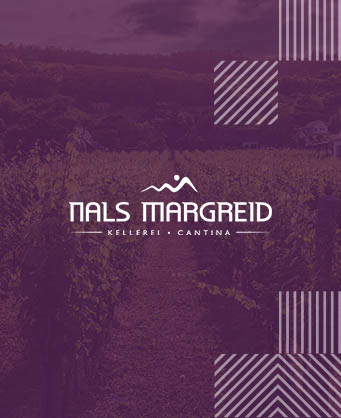
Nals Margreid
"Kellerei Nals Margreid" is located in Nals in the Italian wine region of South Tyrol (Trentino-Alto Adige region). It was founded in 1985 at the merger of the two traditional wineries Nals (1932) and Margreid-Entiklar (1954). Today, 140 vinegrowers on the South Tyrolean Wine Route cultivate about 150 hectares of vineyards at an altitude of 200 to 900 meters. Gottfried Pollinger is the sales manager and Harald Schraffle is the cellar master. The pursuit of sustainable agriculture determines the use of mainly ecological means in the care of vineyards. The main grape varieties typical of the region include Pinot Bianco, Chardonnay, Pinot Grigio, Mueller-Thurgau, Moscato Giallo (Golden Muscat), Sauvignon Blanc and Gewürztraminer, as well as the red Pinot Noir, Vernatsch, Lagrein, Merlot and Cabernet Sauvignon. The large product range includes various wines from the DOC regions of Lake Caldaro, Saint Magdalene and South Tyrol. Premium wines include Pinot Bianco "Sirmian", Pinot Bianco "Penon", Sauvignon "Mantele", Sauvignon "Gennen", Vernatsch "Galea", Pinot Nero "Mazzon", Lagrein Riserva "Gries", Cabernet Riserva "Lafot", Riserva Merlot Cabernet "Anticus" and Baroness Pasito "Baron Salvadori". The annual production is about 950,000 bottles of wine, 30% of which are exported to European countries and the United States. The winery is a member of the Association of South Tyrolean Winery Cooperatives.
All wines of the same producer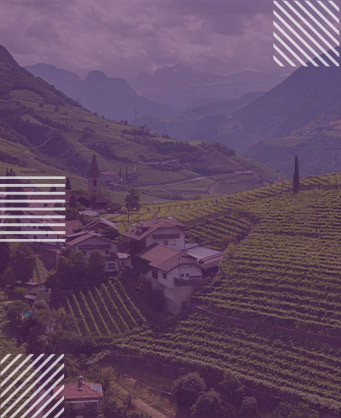
Alto-Adige
Alto Adige (or Sudtirol for German-speaking two-thirds of its inhabitants) is located in northern Italy and borders Veneto to the east, Lombardy to the west and the Tyrol region of Austria to the north. Stretching to 47 degrees north latitude and altitude over 3050 meters, Alto Adige is a region with topographic and climatic extremes. The main wine-growing areas in the region follow the Adige river valley from Merano in the north to Trentino in the south and are planted both at the bottom of the valley and on its slopes, many of which are incredibly steep. Most wines from this region are produced by cooperatives which, due to the need for efficiency in harvesting, wine production and trade, have become known for their constant quality and reliable quantity. Nowadays, there is a tendency to increase the number of independent producers, which also gain a good reputation. The dominant local varieties are the red Schiava and Lagrein, the most common being Schiava (Vernatsch in German), which makes wine with a medium body, low alcohol and tannin levels and is often mixed with the denser Lagrein to give more depth and power of wine. The white varieties used in Alto Adige are the traditional German Muller-Thurgau, Sylvaner and Gewurztraminer, as well as the French Chardonnay, Sauvignon Blanc, Pinot Bianco and Pinot Grigio. The Pinot Noir plantations have recently increased as well.
More wines of this region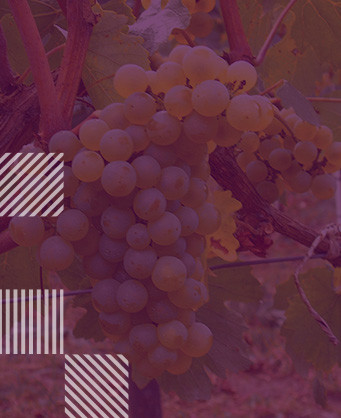
Chardonnay
Chardonnay is the world's most famous white-wine grape and also one of the most widely planted. Of course, the most highly regarded expressions of the variety are those from Burgundy and California, but many high-quality examples are made in Italy, Australia, New Zealand and parts of South America. Describing the flavours of Chardonnay is not easy. This is not thanks to the complexity of the varietal itself but usually due its susceptibility to winemaking techniques - such as Malolactic fermentation which gives distinctive buttery aromas or Fermentation or maturation in oak barrels which contributes to the wine with smokey notes of vanilla, honey and even cinnamon, and not last the lees contact while in barrel imparts biscuity, doughy flavours. And all these incorporated with the varietal aromas of tropical (banana, pineapple and guava) to stone fruits (peach, nectarine and apricot), sometimes even citrus and apple notes. Climate plays a major role in dictating which fruit flavours a Chardonnay will have - warm regions (California, Australia ) make more tropical styles; temperate zones (southern Burgundy, New Zealand) - stone fruit notes, while the very coolest (Chablis, Champagne) lean towards green-apple aromas.
More wines of the same variety
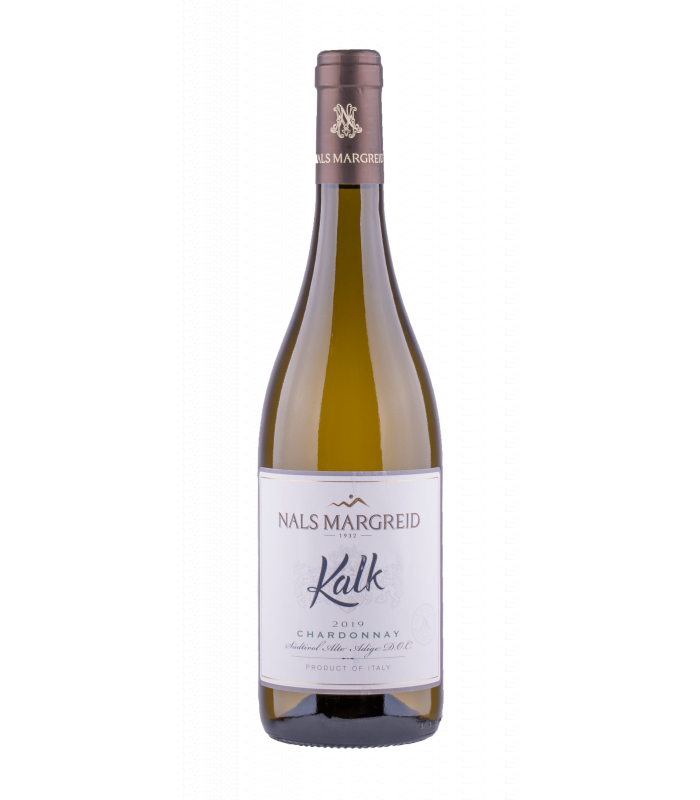


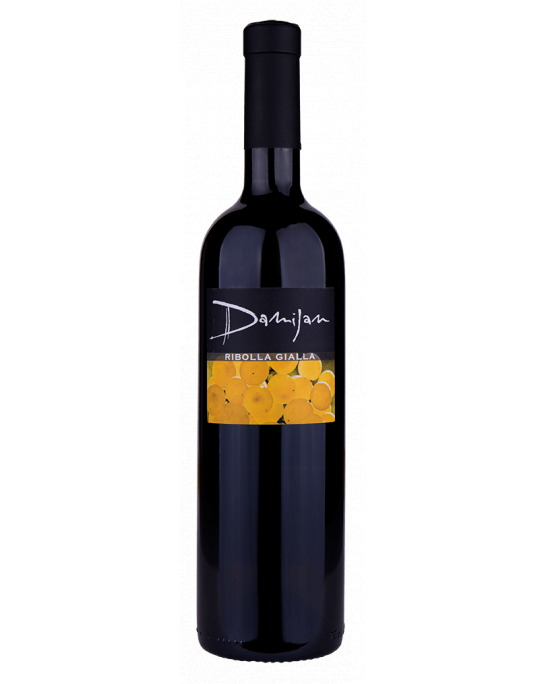
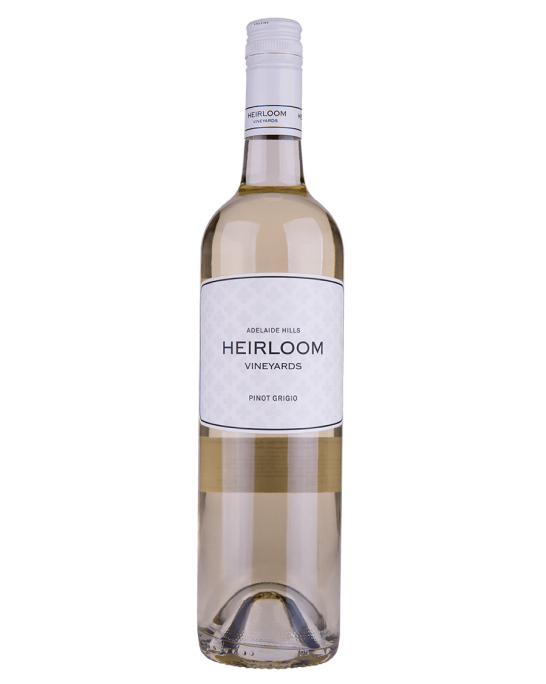
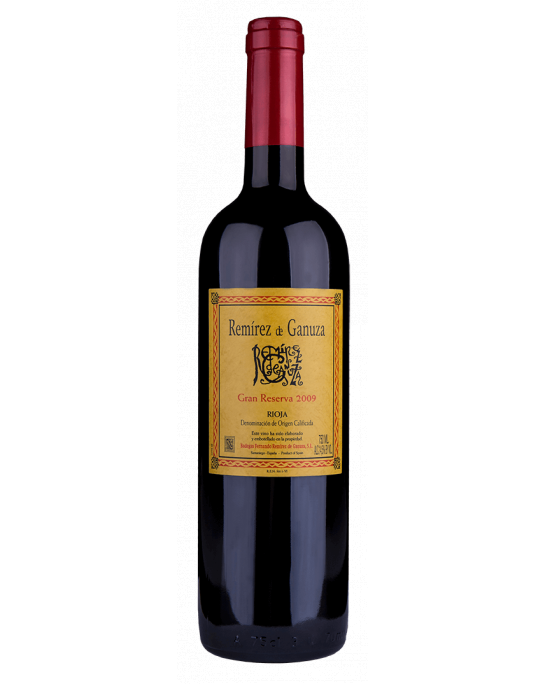
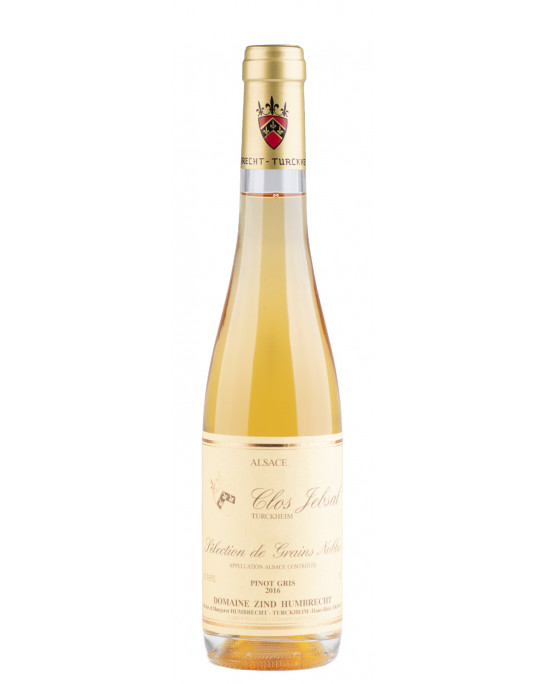
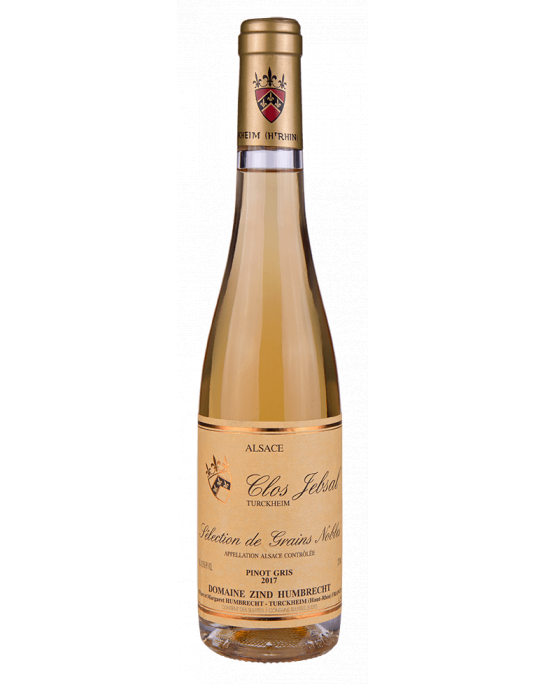
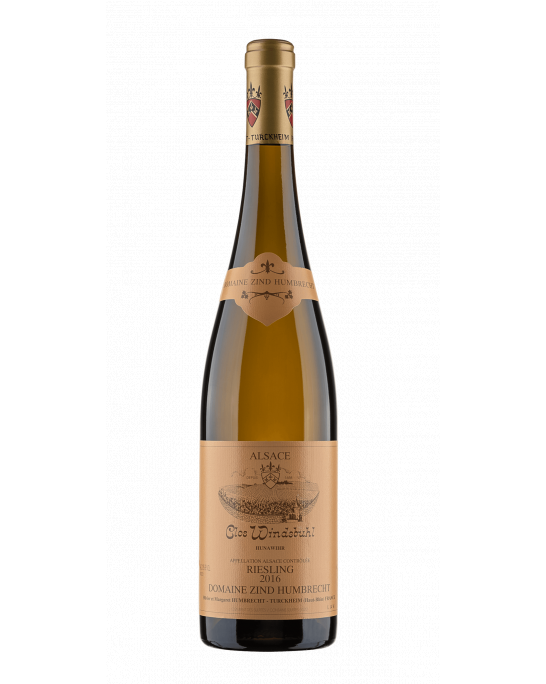
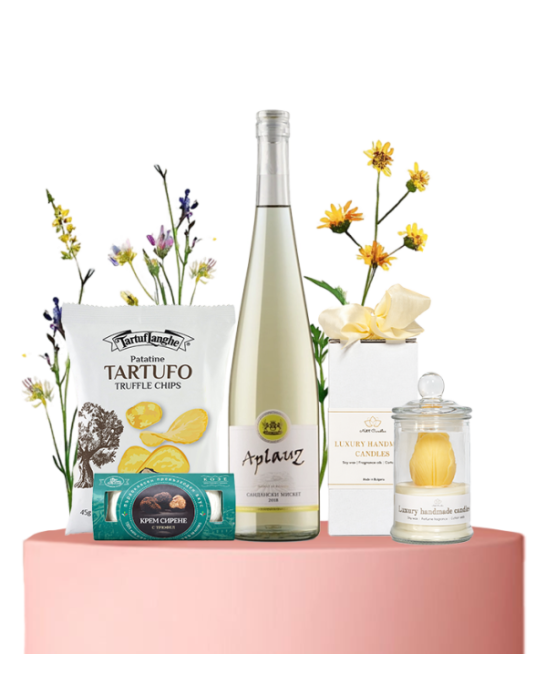
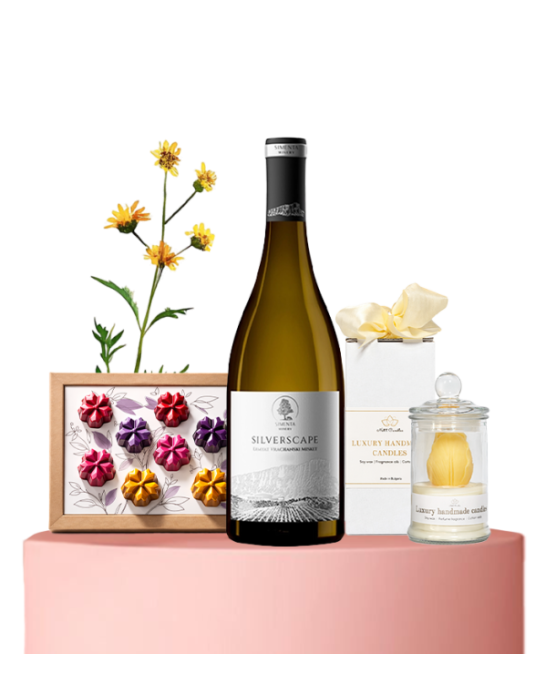

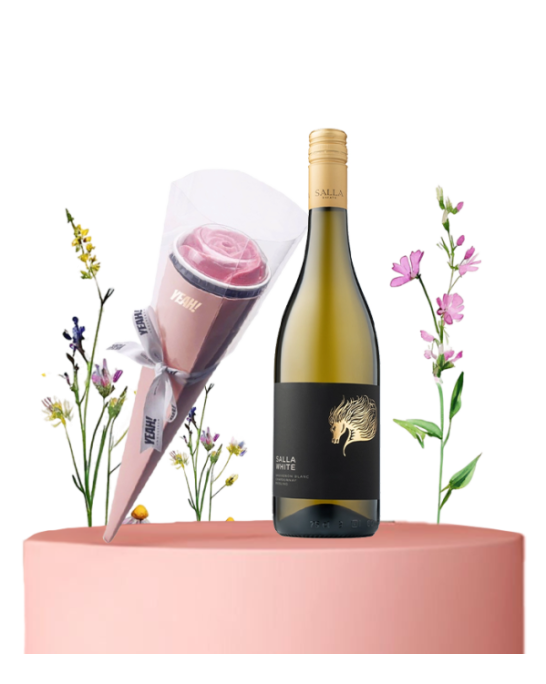
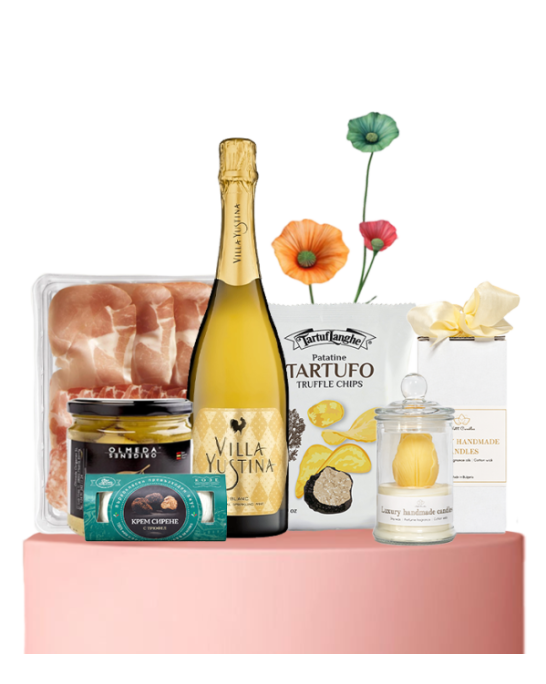
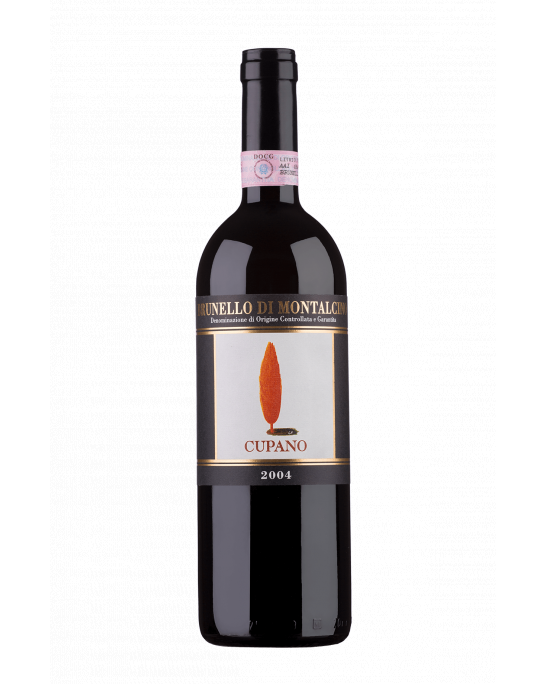

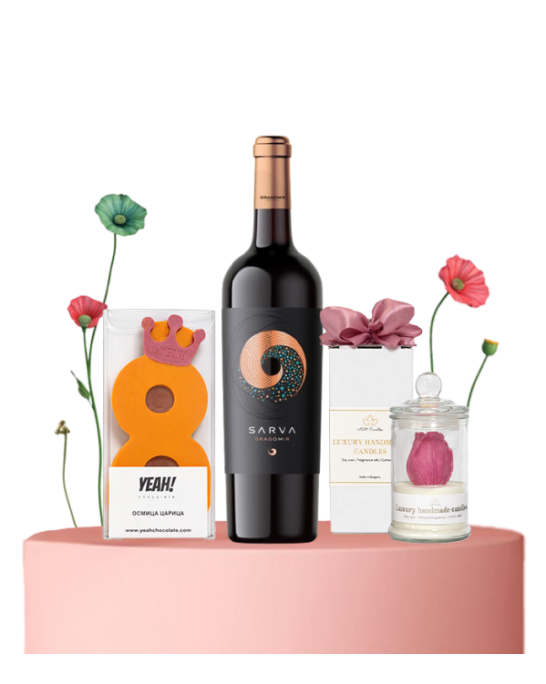
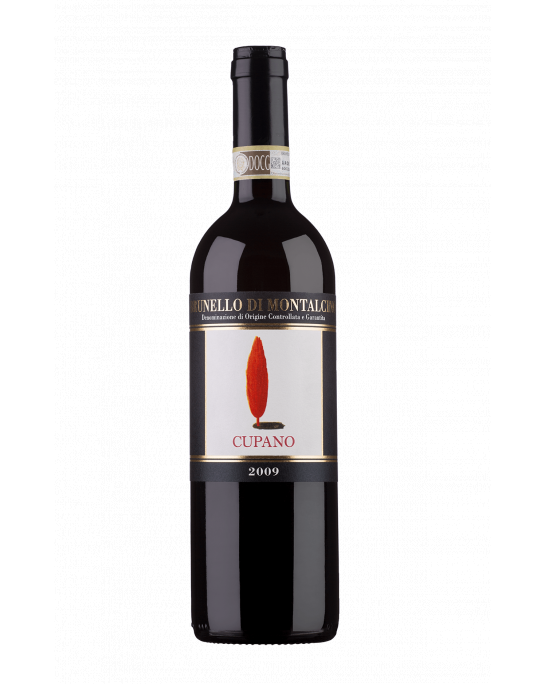
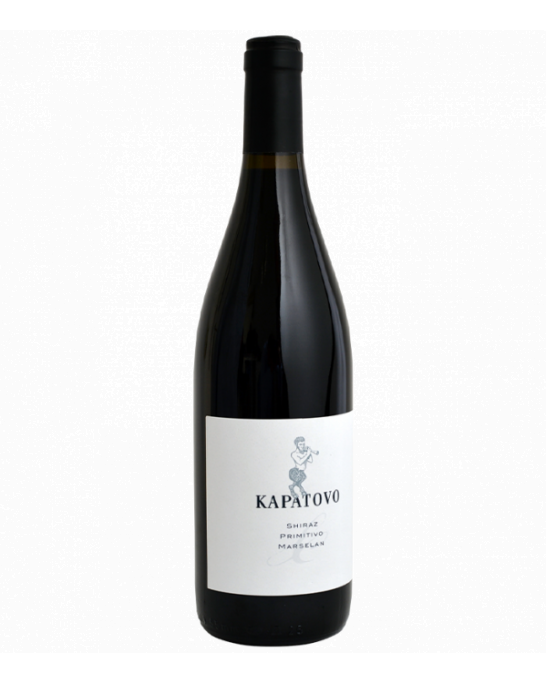
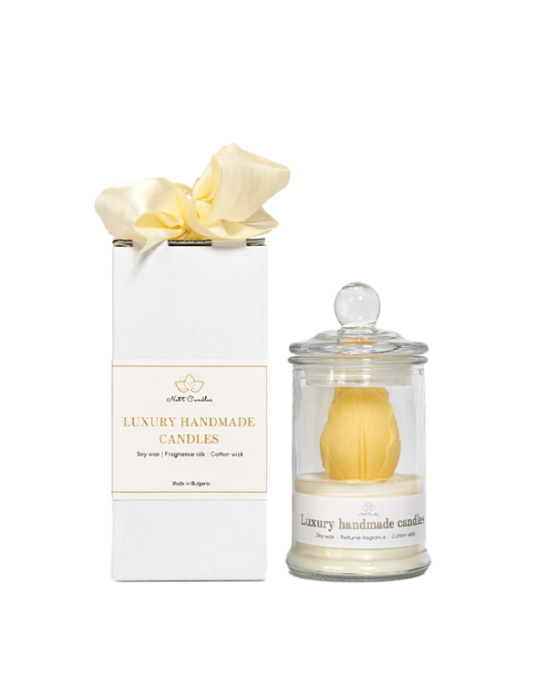
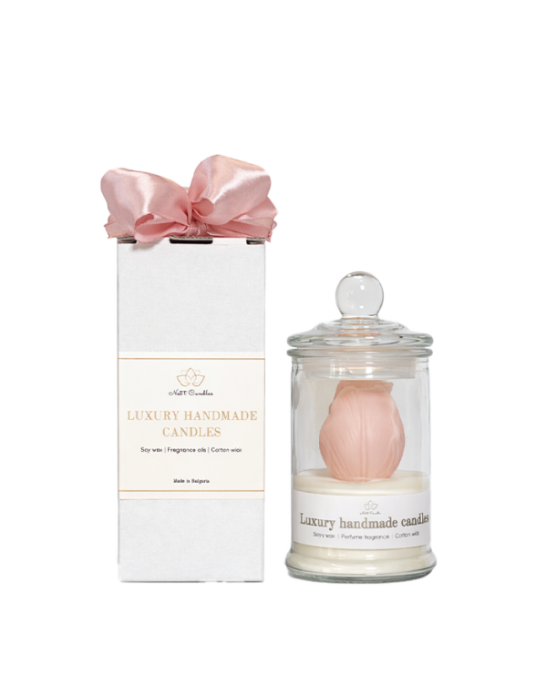
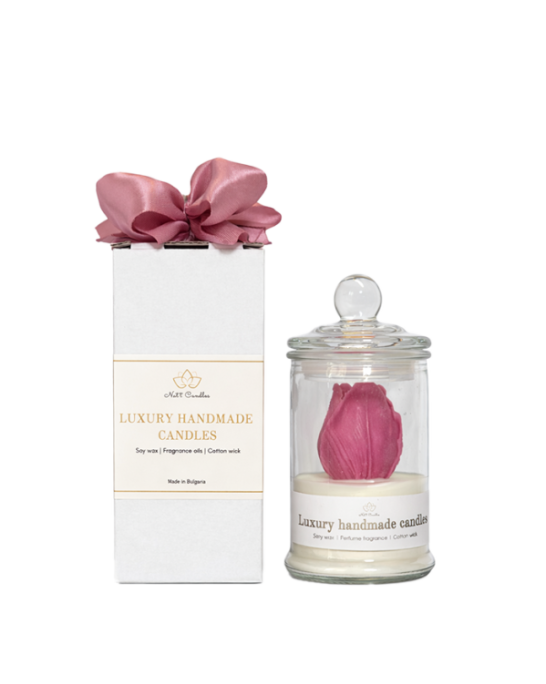
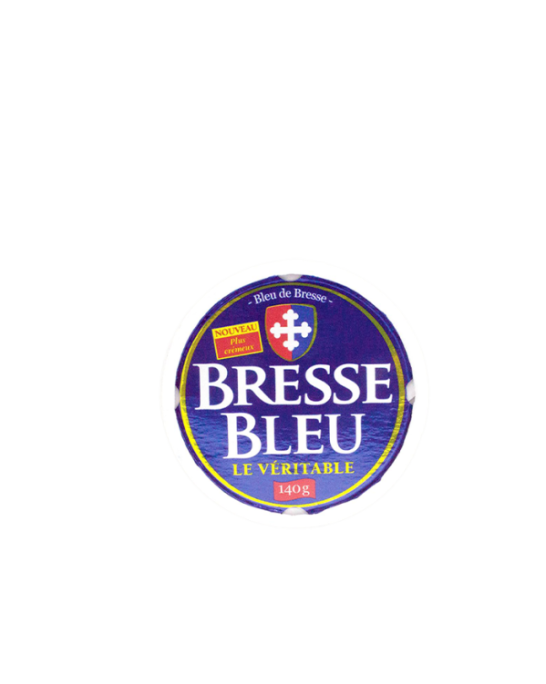
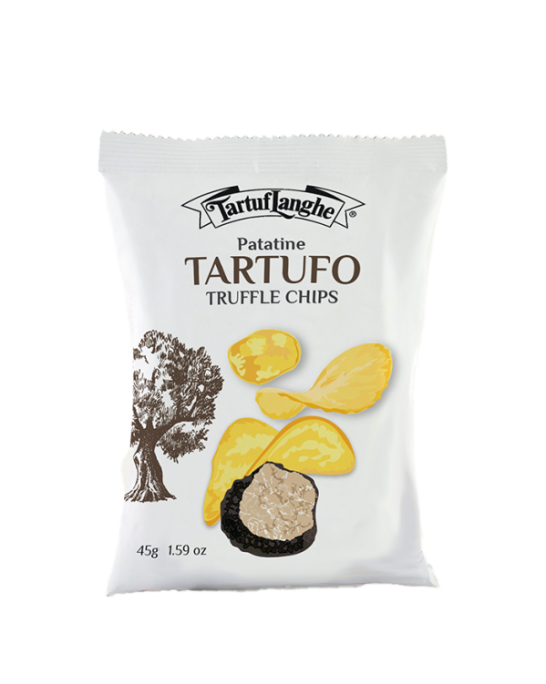
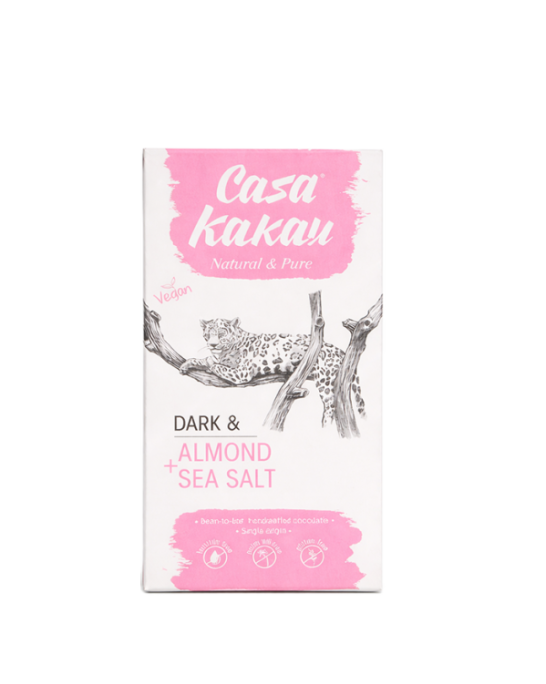
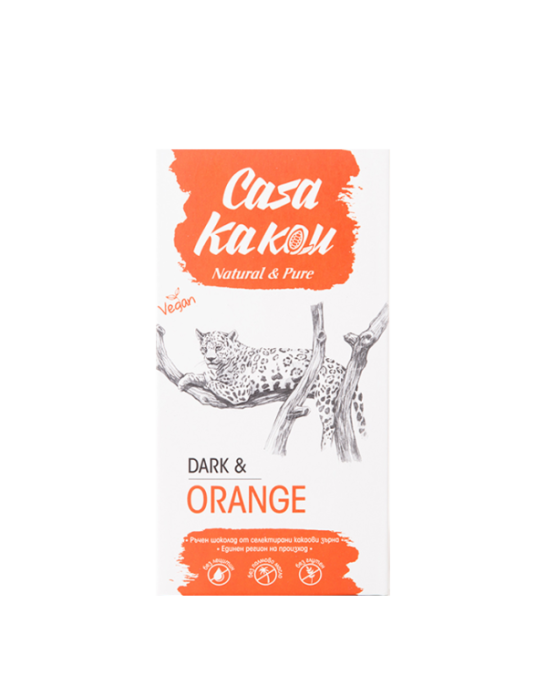
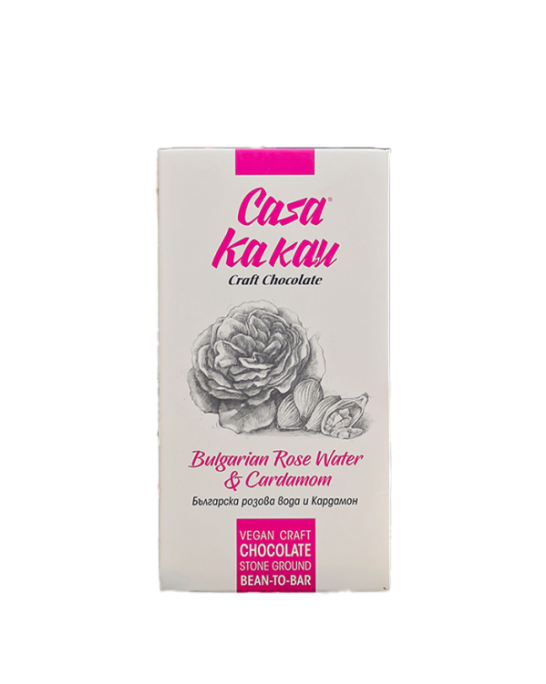






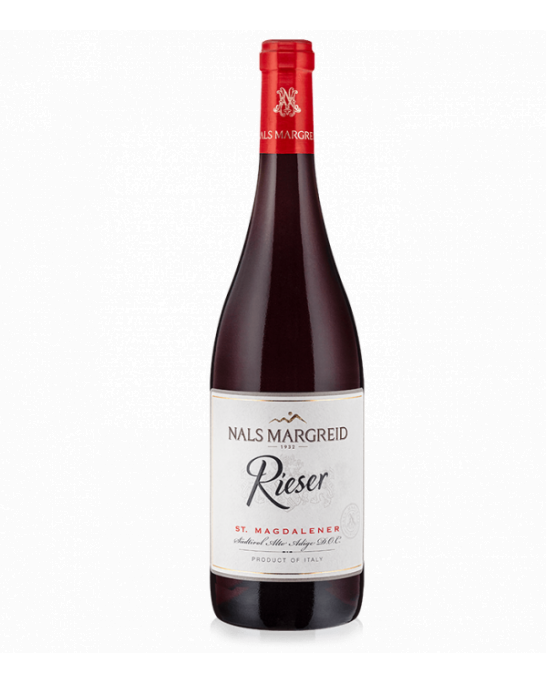
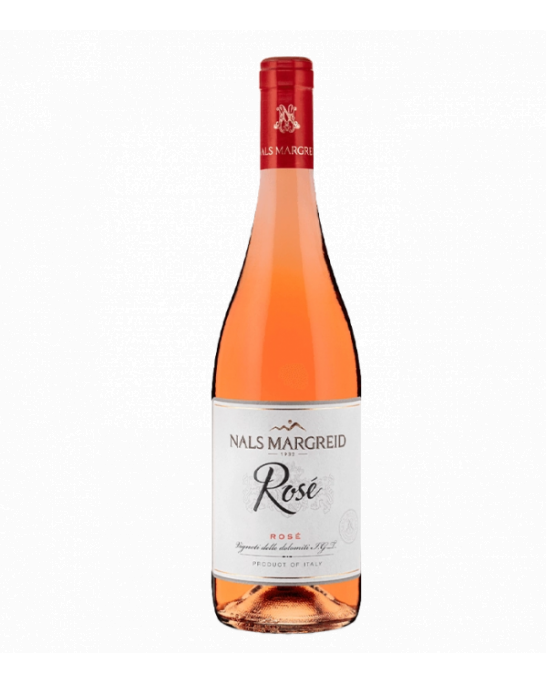
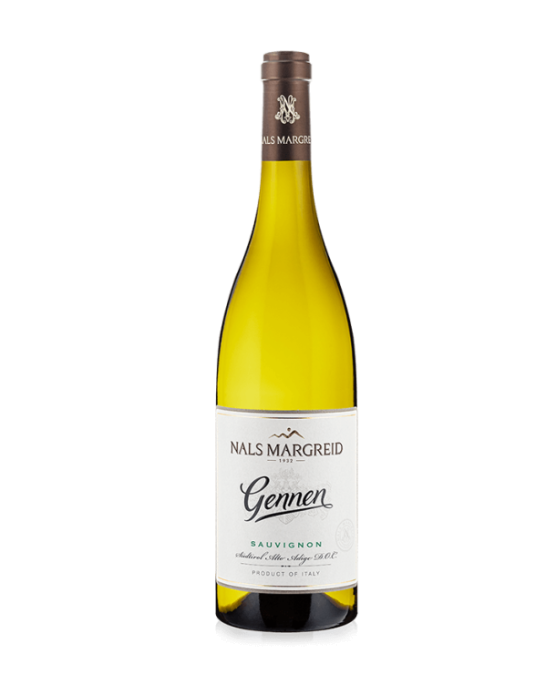
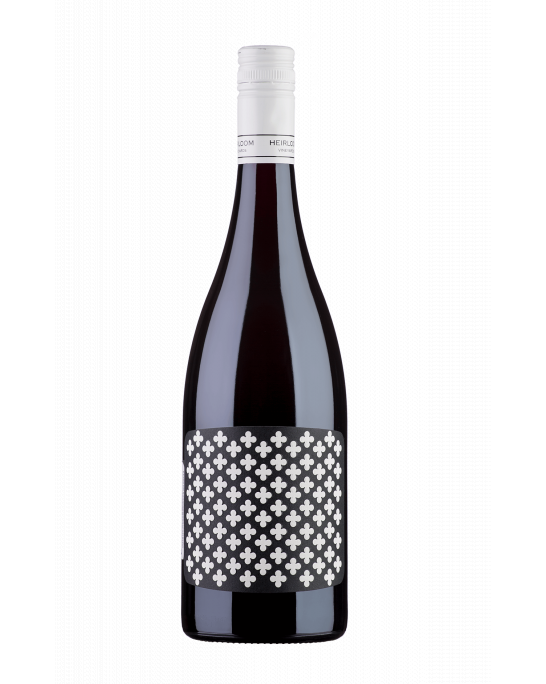
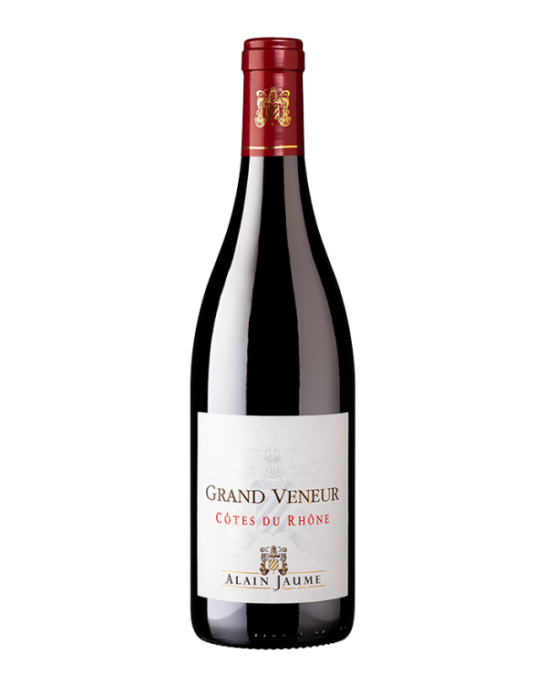
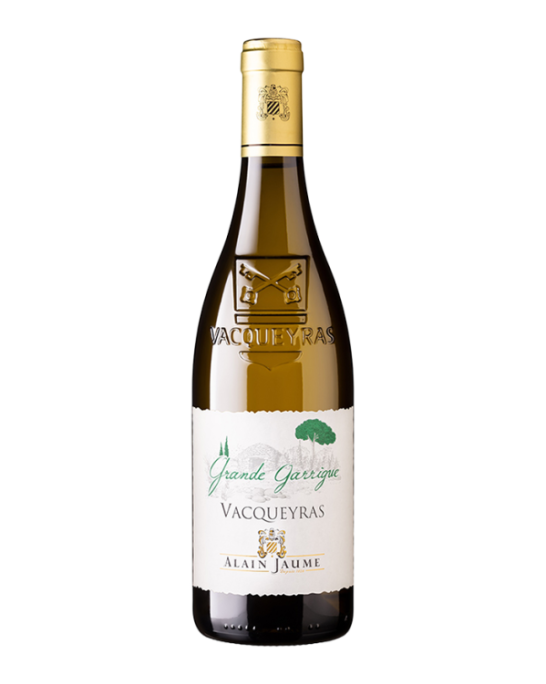
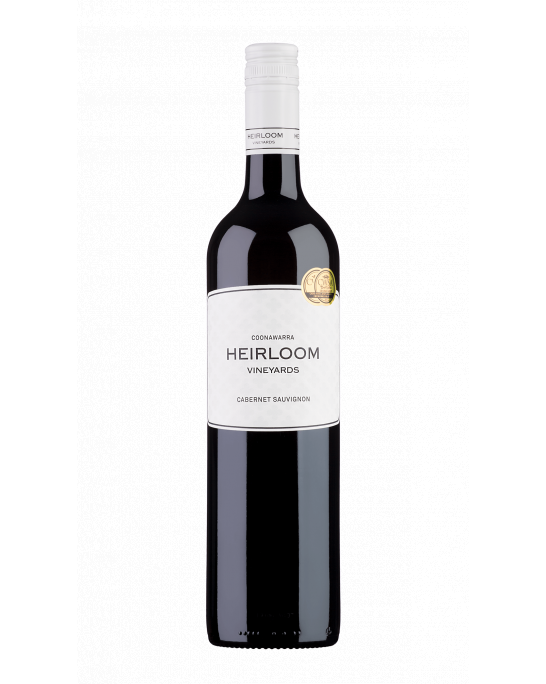
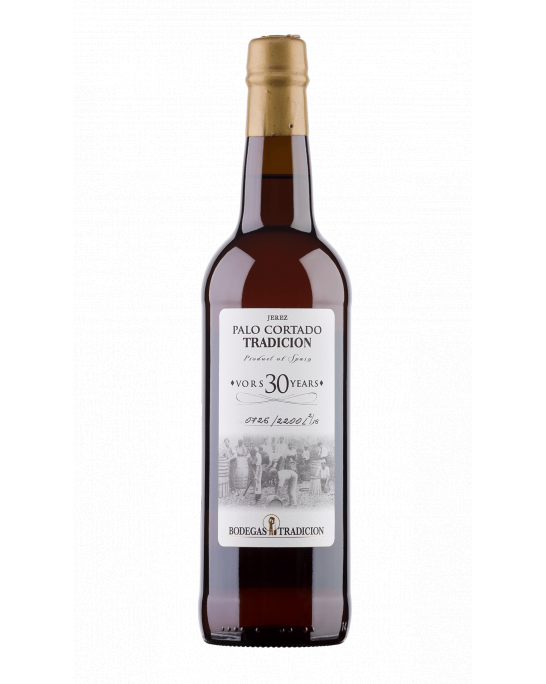
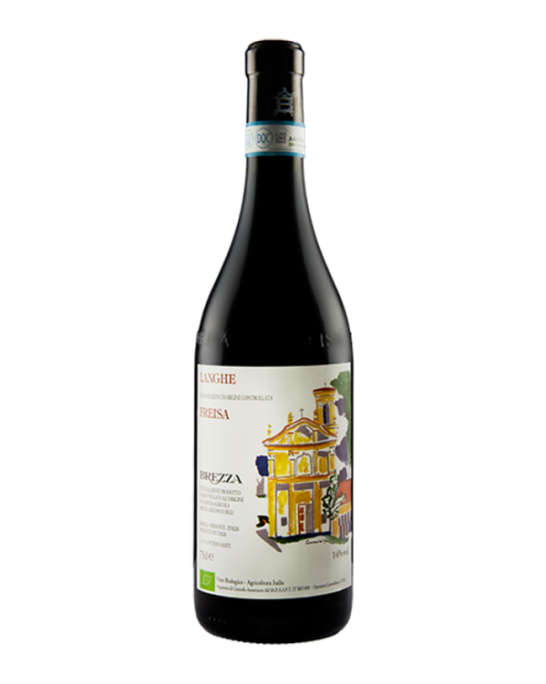
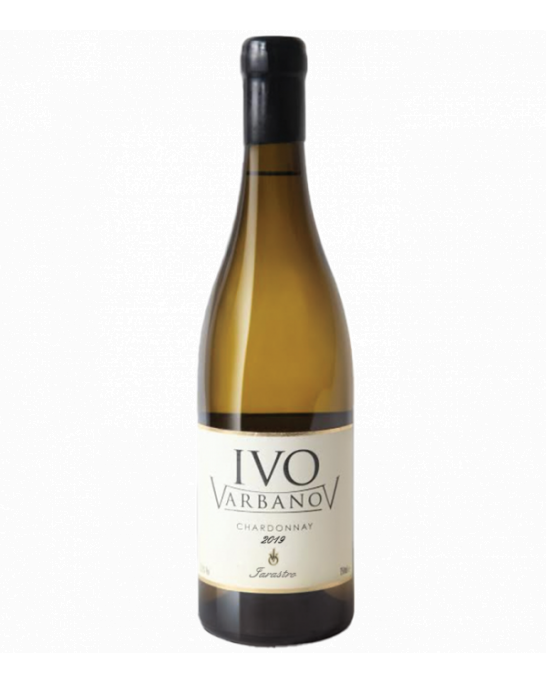
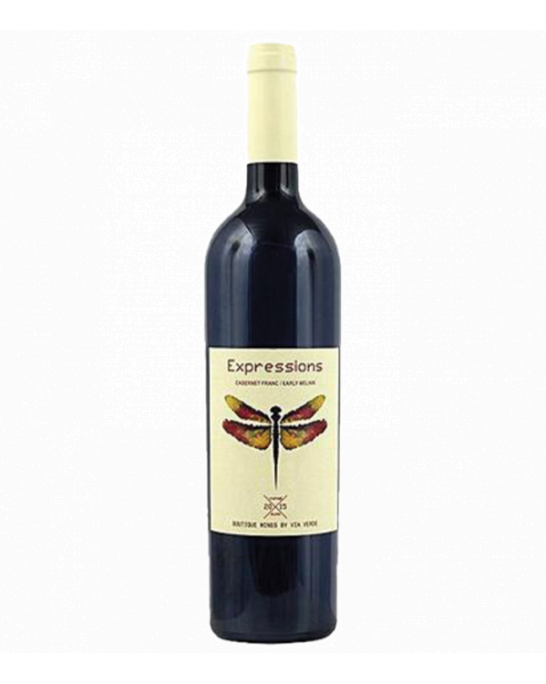
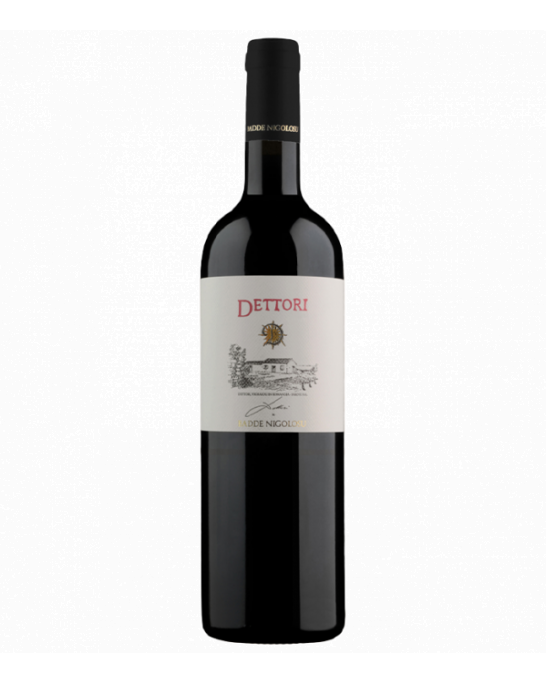
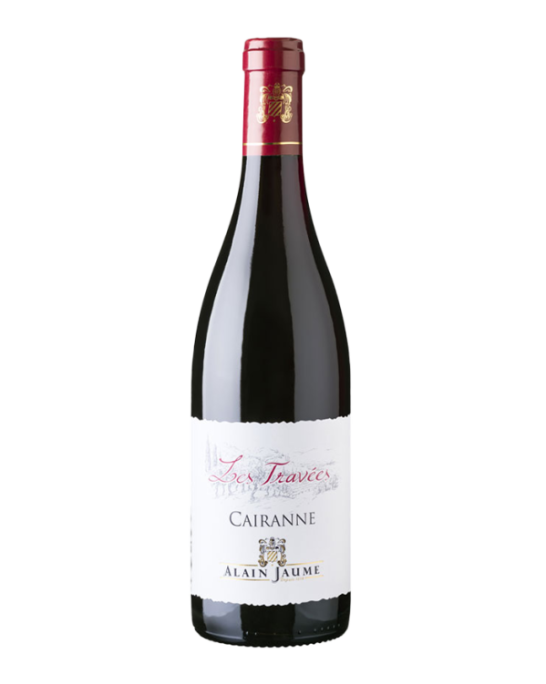
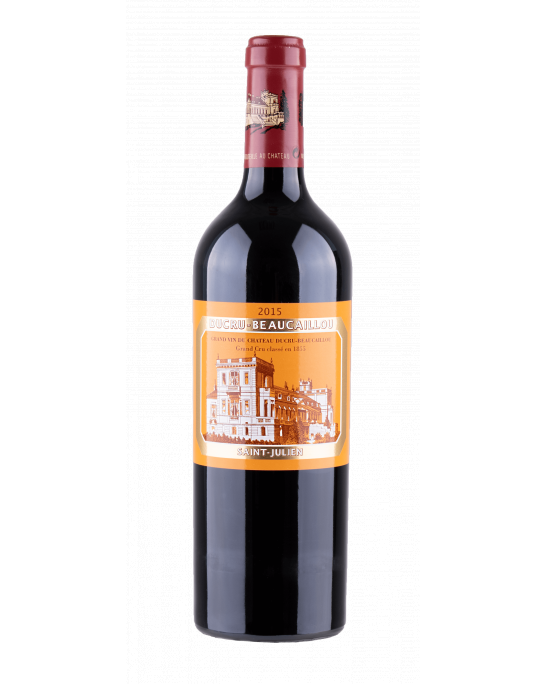
Customer reviews
No reviews available
Be the first to review